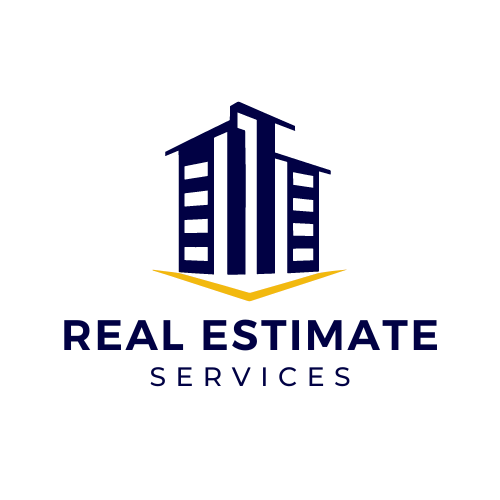
Understanding Industrial Construction Cost Estimating Services
Industrial Construction Estimating Services for projects involves a complex and detailed process. Accurate cost estimation plays a crucial role in ensuring the success and financial viability of these projects. From initial planning to project completion, understanding the factors influencing costs can help project managers make informed decisions.
Importance of Accurate Cost Estimation
Accurate in industrial construction cost estimating services is vital for several reasons. First, it helps project managers and stakeholders plan budgets effectively. Second, it minimizes the risk of cost overruns and financial setbacks. Third, it ensures that resources are allocated efficiently, leading to timely project completion. Without precise cost estimates, projects can face delays, increased expenses, and potential disputes.
Factors Influencing Industrial Construction Costs
Several factors influence the cost of industrial construction projects. Each factor plays a significant role in the overall budget. Let’s explore the primary elements:
1. Material Costs
The choice of materials significantly impacts the total cost. High-quality materials tend to be more expensive but offer better durability and performance. Conversely, opting for cheaper materials might reduce initial costs but can lead to higher maintenance expenses in the long run.
2. Labor Costs
Labor is a substantial component of construction costs. Skilled laborer’s command higher wages, but their expertise ensures quality work. Moreover, the location of the project can influence labor costs due to varying wage rates in different regions.
3. Equipment and Machinery
Industrial construction projects often require specialized equipment and machinery. Renting or purchasing these machines adds to the overall cost. Additionally, maintenance and operational costs of the equipment must be factored in.
4. Project Duration
The length of the project affects the overall cost. Longer projects typically incur higher expenses due to extended labor hours, equipment rentals, and site maintenance.
5. Permits and Regulations
Obtaining necessary permits and adhering to local regulations can add to the project’s cost. These expenses are essential to ensure compliance with legal standards and avoid potential fines or delays.
Methods of Cost Estimation
Various methods can be used for industrial construction cost estimation. Choosing the right method depends on the project’s complexity, size, and available data. Here are some common approaches:
-
Analogous Estimating
This method involves comparing the current project with similar past projects. It provides a rough estimate based on historical data and is useful for early-stage budgeting.
-
Parametric Estimating
Parametric estimating uses statistical relationships between historical data and other variables to calculate costs. For example, using the cost per square foot to estimate the total cost based on the project’s size.
-
Bottom-Up Estimating
This detailed approach involves breaking down the project into smaller components and estimating the cost of each part. Summing up these individual estimates gives the total project cost. This method offers high accuracy but requires more time and effort.
-
Three-Point Estimating
This method uses three estimates: optimistic, pessimistic, and most likely. It calculates an average of these estimates to provide a balanced cost prediction, accounting for potential risks and uncertainties.
Challenges in Cost Estimation
Despite best efforts, several challenges can arise in industrial construction cost estimation. Unexpected factors such as market fluctuations, supply chain disruptions, and unforeseen site conditions can affect accuracy. Therefore, it is crucial to continuously monitor and update cost estimates throughout the project lifecycle. Effective communication among all stakeholders also helps mitigate risks and manage changes efficiently.
Conclusion
In conclusion, industrial construction cost estimation is a critical aspect of project management. By understanding the factors that influence costs and utilizing appropriate estimation methods, project managers can ensure accurate budgeting and efficient resource allocation. Overcoming the challenges in cost estimation requires vigilance, adaptability, and effective communication. With these strategies, industrial construction projects can achieve financial success and timely completion.
